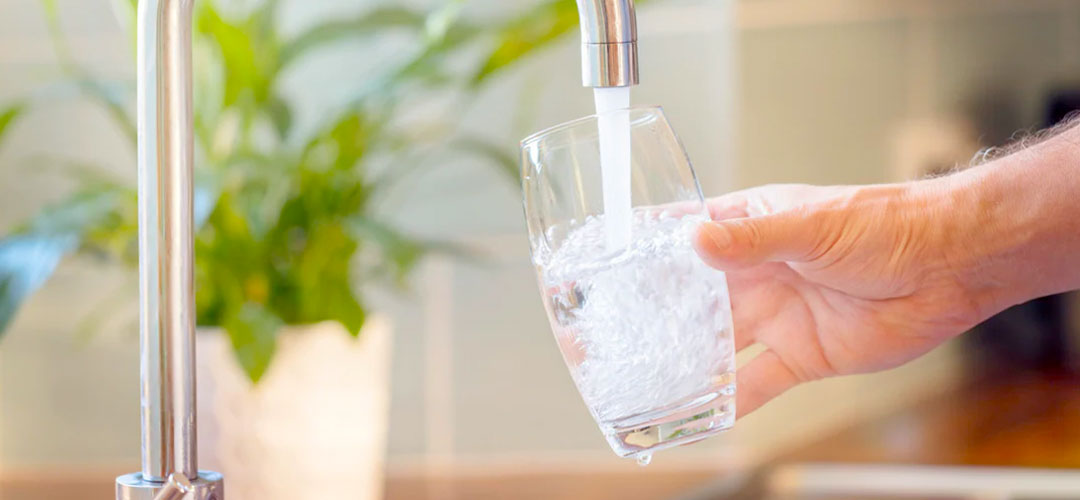
Understanding Cholesterol: The Good, The Bad, and The Numbers
Cholesterol is a type of fat found in the blood, essential for building cell membranes, producing hormones, and aiding digestion. However, too much cholesterol can increase the risk of heart disease and stroke, making it crucial to maintain a healthy balance.
There are two main types of cholesterol:
Low-Density Lipoprotein (LDL)
Often referred to as “bad” cholesterol, high levels of LDL can lead to plaque buildup in arteries, increasing the risk of cardiovascular issues.
High-Density Lipoprotein (HDL)
Known as “good” cholesterol, HDL helps remove excess cholesterol from the bloodstream, transporting it to the liver for disposal.
What Are Healthy Cholesterol Levels?
Doctors measure cholesterol levels in millimoles per litre (mmol/L). Here are the recommended levels:
|
Type of Cholesterol |
Healthy Level |
|
Total Cholesterol |
Below 5 mmol/L |
|
LDL (Bad Cholesterol) |
Below 3 mmol/L |
|
HDL (Good Cholesterol) |
Above 1 mmol/L |
|
Non-HDL (All Bad Cholesterol) |
Below 4 mmol/L |
|
Triglycerides (Fat in Blood) |
Below 1.7 mmol/L |
A high total cholesterol level, especially when combined with high LDL and low HDL, can increase the risk of heart disease. However, improving diet, lifestyle, and exercise can significantly help manage cholesterol levels without medication.
Natural Ways to Reduce Cholesterol
1. Eat Heart-Healthy Foods
Your diet plays a significant role in managing cholesterol levels. Incorporating these foods can naturally lower LDL cholesterol while increasing HDL.
Increase Soluble Fibre
Soluble fibre binds with cholesterol in the digestive system and helps remove it from the body before it enters the bloodstream. Good sources of soluble fibre include:
-
- Oats and oat bran
- Legumes such as lentils, chickpeas, and black beans
- Apples, pears, and citrus fruits
- Flaxseeds and chia seeds
Choose Healthy Fats
Not all fats are bad! Unsaturated fats can help reduce LDL cholesterol and support heart health. Include:
-
- Olive oil and avocado oil
- Fatty fish such as salmon, mackerel, and sardines
- Nuts like almonds, walnuts, and cashews
Cut Back on Trans Fats
Trans fats raise LDL cholesterol while lowering HDL cholesterol, making them particularly harmful. Avoid processed foods, margarine, and commercially baked goods that contain partially hydrogenated oils.
2. Exercise Regularly
Physical activity is one of the most effective ways to boost HDL cholesterol and lower LDL cholesterol. Aim for at least 150 minutes of moderate exercise or 75 minutes of vigorous exercise per week. Some of the best exercises for heart health include:
- Brisk walking or jogging
- Cycling
- Swimming
- Strength training
Exercise also helps with weight management, which is crucial for keeping cholesterol levels in check.
3. Maintain a Healthy Weight
Being overweight can lead to higher cholesterol levels and an increased risk of heart disease. Even a 5-10% weight reduction can significantly lower LDL cholesterol and improve overall heart health. A balanced diet combined with regular exercise is key to maintaining a healthy weight.
4. Manage Stress Effectively
Chronic stress may contribute to high cholesterol levels by increasing inflammation and promoting unhealthy eating habits. Managing stress can positively impact cholesterol and overall health. Effective stress-reduction techniques include:
- Meditation and deep breathing exercises
- Yoga or tai chi
- Spending time in nature
- Engaging in hobbies and activities that bring joy
5. Stop Smoking
Smoking damages blood vessels and lowers HDL cholesterol while increasing LDL cholesterol. Quitting smoking can quickly improve heart health, with benefits starting almost immediately. Within a year of quitting, the risk of heart disease is significantly reduced.
6. Drink Alcohol in Moderation
Moderate alcohol consumption has been linked to increased HDL cholesterol, particularly in the case of red wine, which contains antioxidants like resveratrol. However, excessive alcohol intake can have the opposite effect, raising triglyceride levels and increasing heart disease risk. Limit alcohol consumption to:
- One drink per day for women
- Two drinks per day for men
7. Consider Natural Supplements
Certain natural supplements may help lower cholesterol levels when combined with a healthy lifestyle. These include:
- Plant sterols and stanols: Naturally found in fruits, vegetables, and whole grains, they help block cholesterol absorption.
- Omega-3 fatty acids: Found in fish oil and flaxseed, they can lower triglycerides and improve heart health.
- Garlic extract: Studies suggest garlic supplements may help reduce cholesterol levels.
8. Quality Sleep
Poor sleep is linked to higher cholesterol levels and an increased risk of heart disease. Aim for 7-9 hours of quality sleep each night by maintaining a regular sleep schedule, limiting screen time before bed, and creating a relaxing nighttime routine.

9. Stay Hydrated
Drinking plenty of water helps the body flush out toxins and maintain optimal metabolism, which can indirectly support healthy cholesterol levels. Green tea is another excellent beverage choice, as it contains antioxidants that may help lower LDL cholesterol.
Supporting Heart Health with Natural Cholesterol Management
Lowering cholesterol naturally requires a holistic approach, including a healthy diet, regular exercise, stress management, and lifestyle adjustments. These strategies not only support cholesterol levels but also promote overall well-being and longevity. Small, sustainable changes can make a big difference in improving heart health and reducing the risk of cardiovascular disease.
If you have high cholesterol or other risk factors for heart disease, consult with a healthcare professional before making significant lifestyle changes or trying new supplements.
Disclaimer:
Information and other content provided in Lily & Loaf blogs should not be construed as medical advice and should not be considered a substitute for professional medical expertise. If you have any medical concerns, you should consult with your health care provider.







